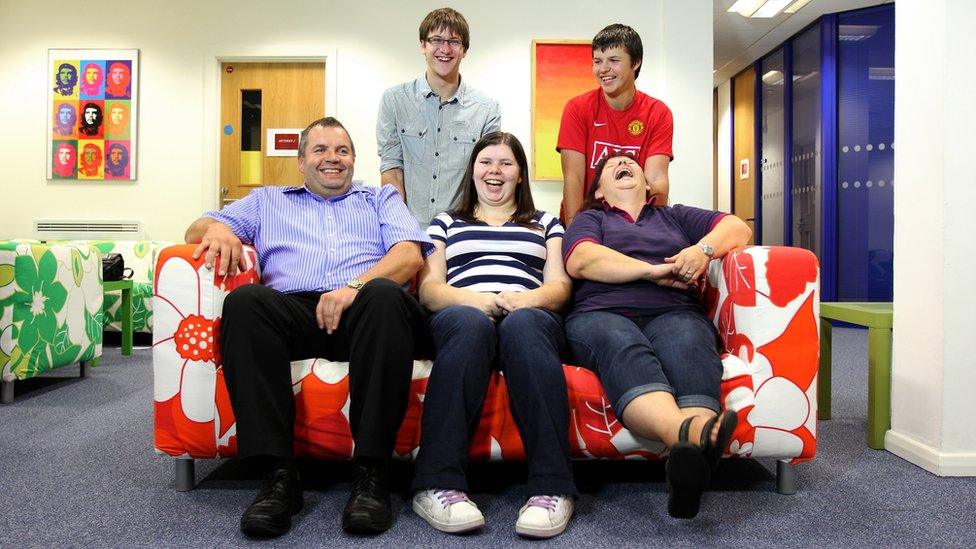Scientists to study placentas in 'world first'
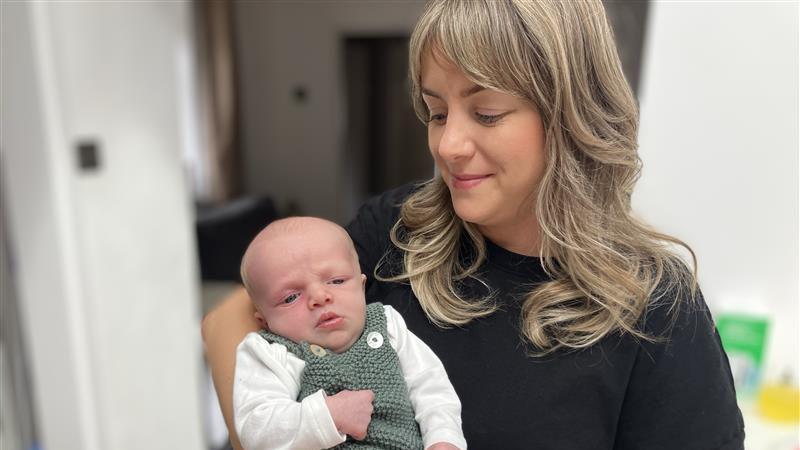
Naomi White who has donated her placenta said anything that "sheds a light" is welcomed
- Published
Scientists plan to study placentas to see if they can identify signs of future heart problems, in a "world first" research project.
Bristol Children of the 90s team hope the research will uncover whether placental disorders are linked to heart and vascular disease, both in mothers and their babies.
Principal investigator of the study, Abigail Fraser, said placentas are the least studied organ in medical literature.
She said: "Nobody has ever looked to see if it tells us about health across the life course."
"There are findings in the placenta that resemble what we see in the arteries in the body outside the placenta and that might give us a clue as to how women's health will fare later in life.
"It also might answer questions like when a baby is born small – are they small because something has gone wrong and actually they would benefit from additional support from early childhood," said Ms Fraser, who also works as a professor of epidemiology at the University of Bristol.
The £476,620 study is being partly funded by the British Heart Foundation (BHF) and will include placentas donated during the early 1990s.
Essential for a healthy pregnancy, the placenta is the crucial interface between mother and developing foetus during pregnancy, enabling exchange of nutrients, oxygen, and waste products.
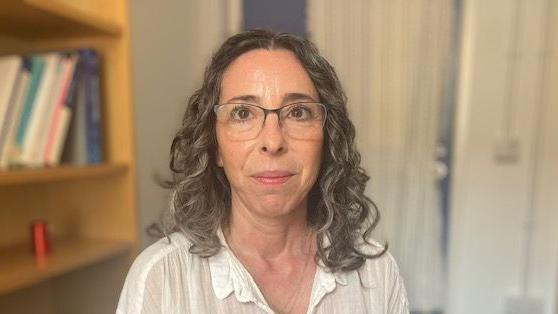
Prof Abigail Fraser said placentas are the least studied organ in medical literature
Placental pathologies underlie some of the most common pregnancy complications, referred to as placental syndromes (PS). These include preeclampsia and gestational hypertension, foetal growth restriction and preterm delivery, which are leading causes of maternal and neonatal mortality.
PS is associated with adverse cardiovascular health beyond delivery and throughout life, both in the mother and babies.
Yet the placenta remain understudied and the mechanisms linking PS, congenital heart disease in offspring and cardiovascular health in both mothers and offspring are not well understood.
Alongside findings from a study in the Netherlands, data and samples from the Children of the 90s project in the UK will be used in the project, which has followed women since they were pregnant to track their health over many decades.
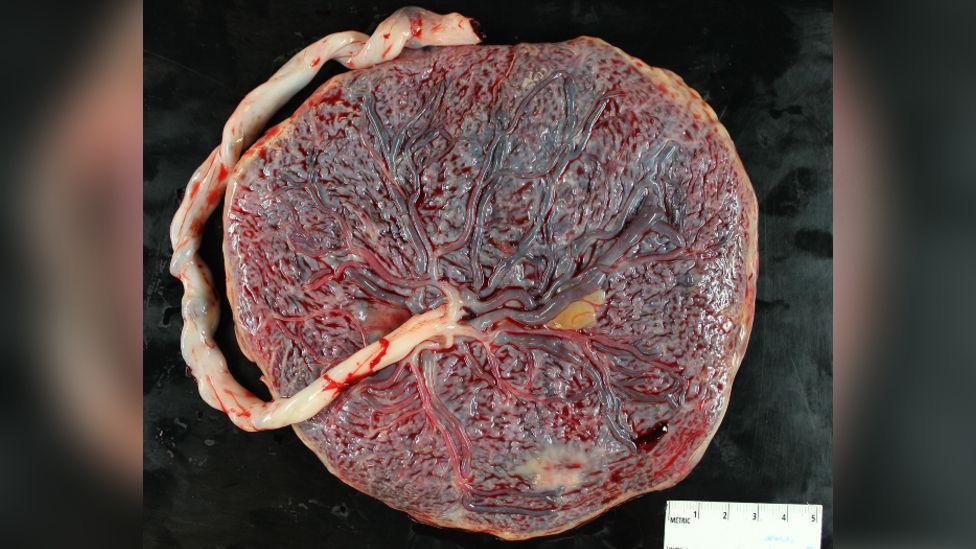
Abigail Fraser said placentas are the least studied organs in medical literature
About 8,000 placentas from the Children of the 90s study will still be included. But due to degradation over time, researchers hope to collect thousands of fresh donations from the second generation of volunteers.
Donated placentas will then be used to identify signs of Maternal Vascular Malperfusion (MVM), which is caused when arteries in the uterus do not undergo the necessary changes to ensure that the placenta and the baby receive adequate blood supply during pregnancy.
The findings will then be investigated to see whether MVM is associated with the development of heart and circulatory diseases in the following years.
The team hopes this will spot women who may be at risk early, so they can be offered preventative treatments and monitoring to help ward off future heart problems.
Naomi White, from Longwell Green, who gave birth to healthy baby boy Benson in June and has volunteered to donate her placenta, said "anything that sheds light on a condition that affects so many is welcome".
The 31-year-old said: "I have friends with preeclampsia so it's obviously very important work that they do."
'Life saving'
The University of Bristol research, entitled 'Bi-national investigation of placental pathology and maternal cardiovascular health (BI-PATH)', involves co-applicants and collaborators in the UK and the Netherlands.
Collectively, they have committed over €5 million (approximately £4.7 million) including Bristol, over the next four years to four international research teams tackling heart and circulatory diseases.
Associate medical director at the BHF Prof Metin Avkiran said: "By joining forces to support the best and the brightest across our countries to work together on pressing problems, we can ensure the money donated by our generous supporters goes further to power more life saving research."
Get in touch
Tell us which stories we should cover in Bristol
Follow BBC Bristol on Facebook, external, X, external and Instagram, external. Send your story ideas to us on email or via WhatsApp on 0800 313 4630.
- Published16 October 2023
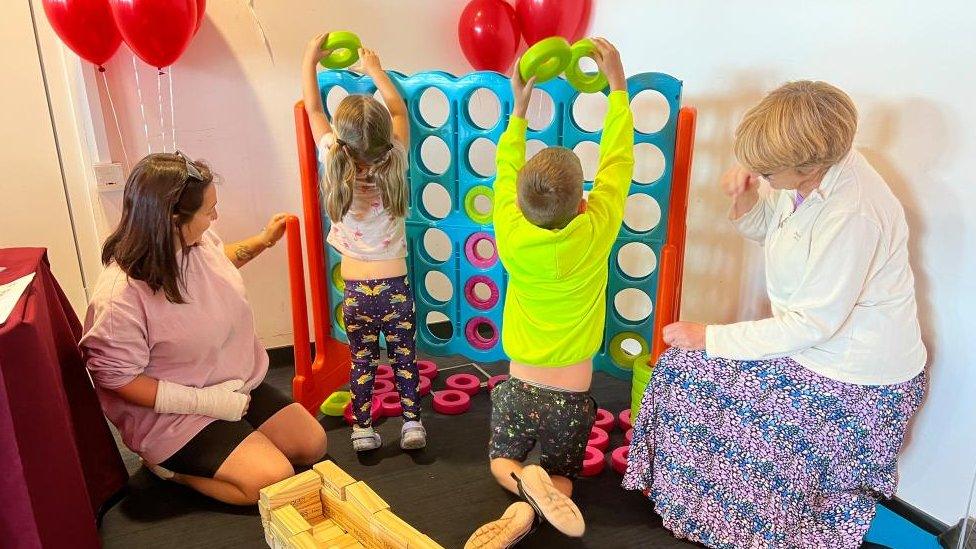
- Published28 April 2021
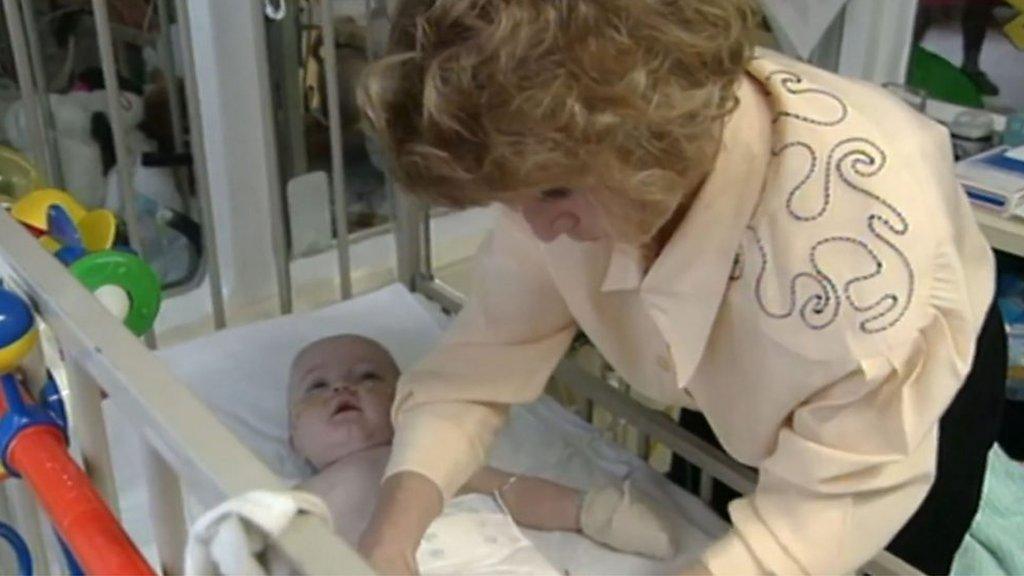
- Published28 April 2021
